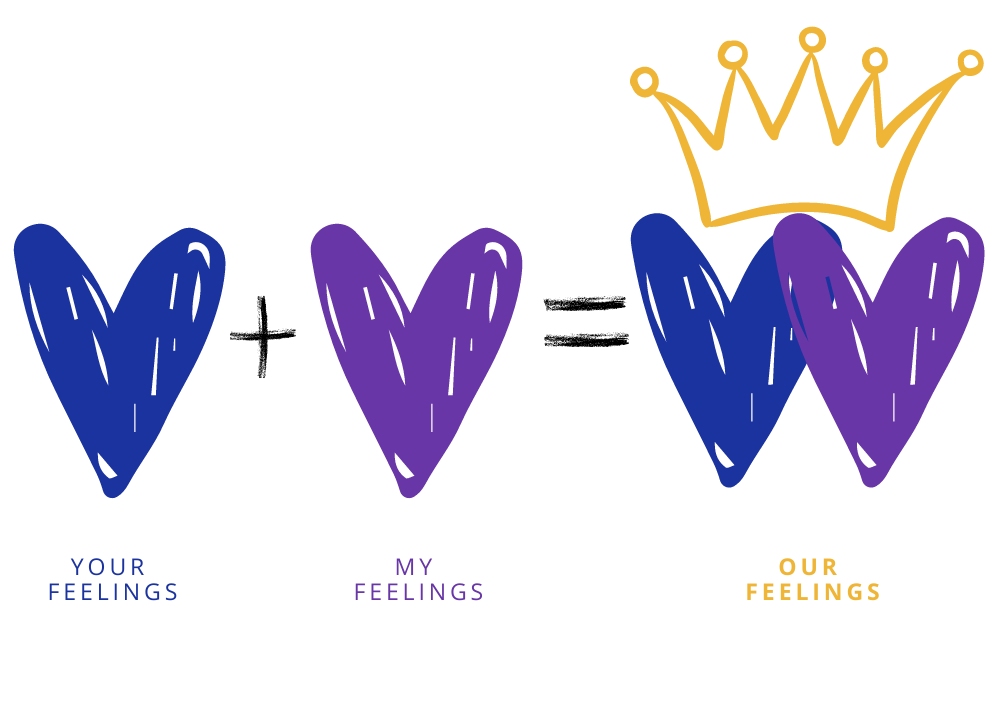The Ultimate Guide to Empathy Skills That Help You Connect With People Over the Phone
It is said that empathy is the ability to understand, feel, and share what another person is experiencing. Why does it seem that some people lack the capacity to empathize? Is it simply because they don’t care? Well, maybe.
Or, possibly it’s because they don’t know how to be empathetic. Perhaps, people can’t be empathetic because they themselves haven’t experienced the joys (or pains) of someone being empathetic with them.
So, perhaps they do care. But maybe they just don’t know how to verbalize it. And, because of this, they appear to disregard what they hear because of their lack of speech or acknowledgment. Or, they just happen to use a poor choice of words when they’re communicating.
Empathy to me is the ability to recognize someone else’s emotions and allowing yourself to feel those emotions with that person.
Empathy is a deep, heartfelt emotion that exists within all of us. Some people have a harder time either recognizing that it’s appropriate to have or recognizing when it needs to be conveyed and how to do that. Because without the words, the other person may not know that you understand their feelings.
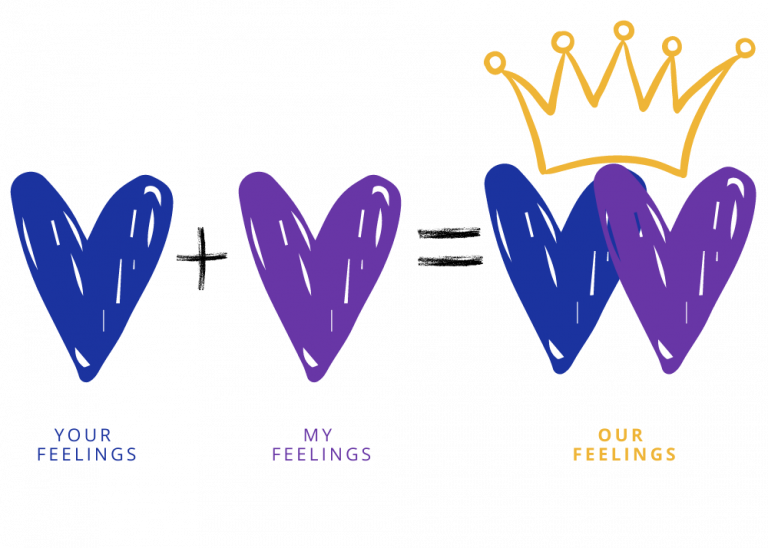
Why Is Empathy Important?
When it comes to learning empathy, I’ve found that in both my personal and professional experience that empathy runs deep when it comes to the human connection. Being connected to others is what drives many of life’s biggest moments. The old adage is true; People want to feel important.
No matter who the person is or where they came from, everyone deep down wants to feel valued and a part of something. Appreciation, significance, being heard in its truest form all points to wanting to be cared about.
Even more so, we want others to react and respond appropriately to us after sharing news whether that news is good or bad. I know I don’t want anyone to burst my bubble, nor make light of something that upset me.
Empathy is connecting through those shared feelings and emotions. When responded to adequately we feel the connection with the other person through our shared experience, thoughts, and concerns. And, when we’re connected in that way, we’re setting ourselves up for better relationships.
Connecting with other people is what grows relationships. No empathy? No connection. No connection? It’s these connections that build trust. If there is no trust then there is no relationship worth having.

Breaking the Empathy Stigma: Feeling Only Sadness for Someone
It seems more often than not when the word “empathy” is used it provokes thoughts of being able to feel sorry for someone. In all actuality, being empathetic can go either way on the happy to sad spectrum. This is because empathy is often confused with a similar-sounding word, sympathy. Which, in actual fact, means to have feelings of pity and sorrow for someone else’s misfortune. But that’s another ballpark entirely. And, we’ll cover that shortly.
This confusion about empathy happens constantly! Whether we’re at work or at home. If something has happened and we’re explaining it to a friend, per se, and our friend says “Be empathetic!”, it’s usually because they’re telling us this as if we should be feeling sorry for someone else. Or, to imply that we should cut them some slack.
Continuing to hear this stigma only perpetuates the thought to identify the word “empathy” with sadness and pity.
A great rule of thumb to practice when someone shares exciting news with you, acknowledge how great, fun, or exciting it is, and notice the reaction from the other person and how they are encouraged by your added engagement especially when they can see or hear how happy you are for them.
Just like with any new habit, as you continue doing this, you’ll break your own stigma about what empathy really means and you’ll be connecting with people on a more elevated level.
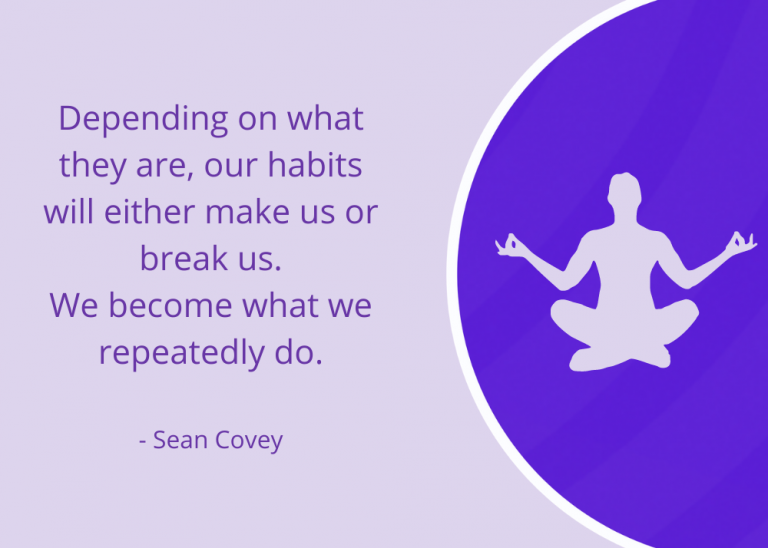
Why Empathy is Different from Sympathy
Ok, we’ve talked about empathy and it is clear that it means being able to share the same emotions with someone else. Again, we must stress that nowhere in any dictionary (or online resource) will it say that empathy means you’re feeling sorry for someone. Whereas I mentioned earlier in this content, sympathy does.
Sympathy does in fact relate to sorrow and being able to feel it towards someone else. Sympathy is about caring for what someone is going through. Empathy is feeling what someone is going through. It’s a rather BIG difference here!
Even the tone you use is different when being sympathetic from being empathetic. A sympathetic tone has more of an acknowledging kind of ring to it. Which yes, should be present at the very least. But just an acknowledgment doesn’t give the receiver any real confirmation that the person giving them the acknowledgment truly feels for them and their circumstances.
An empathetic tone just simply has more feeling to it. A real, genuine sound that lets the receiver know that you really understand what they’re going through. Or, that you’re doing you’re very best to understand what they’re going through. An important thing to remember when practicing empathy is that everyone’s situation is specific to them. It’s not always easy trying to relate another situation to one of your own personal experience. Sometimes you might simply not be able to relate. And, that’s okay.
Let’s use a few examples to get a better understanding of the differences between conversing feelings of empathy and sympathy. Say your close friend’s dog had to be put down due to a chronic illness. Now, you’ve never owned a dog nor have ever felt the hurt of losing one through a slow and painful decline caused by a reoccurring illness. A sympathetic statement would be “It’s sad to hear that.” Yes, …it is sad. You know this. I know this. We ALL know this! And, this statement just says what we all already know. It’s just an acknowledgment.
An empathetic statement for this same person could be “I’m so sorry for your loss. I can only imagine what you’re going through right now.” It’s a completely genuine statement. Just because they haven’t lost a pet doesn’t mean they can’t at least try to relate to their friend’s feelings and loss. Also, acknowledging the fact that they can “only imagine” their friend’s pain shows complete honesty with their friend about their perspective of the situation. And, honesty is the framework of a truly genuine picture.
Now, let’s say you have owned a dog, aka “fur baby”, and have had to feel the pain of their life lost. Having this relationship with your friend will automatically help you with expressing empathy. It’s always easier when you can relate.
Another example of an empathetic statement would be “I’m so sorry. I understand what you’re feeling right now. I too have lost a beloved pet. It’s so hard.” This is a truly genuine reflection of your friend’s feeling of loss for their cherished pet. And, by the way, when you do have this kind of reflection with someone you really do feel it! Just saying it aloud can bring all of those feelings back up. Some might even be inclined to cry with their friend over their loss.
Empathy connects you two. And your friend will feel comforted knowing you share the pain with them.
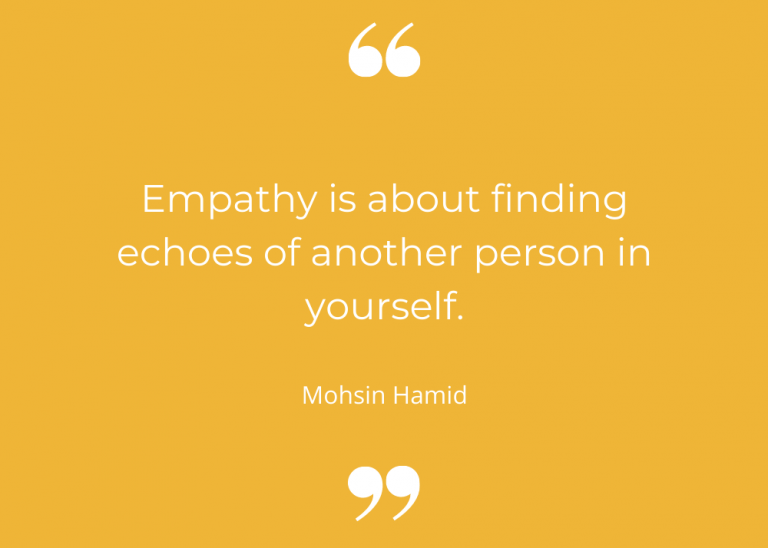
Why Is Empathy Important Over the Phone?
Ah, that good ol’ body language chestnut. We sure don’t have the luxury of displaying the mannerisms of our body nor the expressions on our faces over the phone, do we? Empathy over the phone takes more thought and intent behind our words since the only thing your caller can sense is your tone of voice with how you use your words.
Being empathetic over the phone does take more effort. However, the outcome will create an experience for your caller that results in a friendly chat, a helped customer, a calmed person, and even perhaps a sale.
I know how I feel when I call a vendor that doesn’t empathize with me compared to another vendor that does. I have the warm and fuzzies. I feel heard, I feel that they understand me, our business, and our needs. I fully appreciate it when they match my tone, excitement, and frustrations.
Empathy, in general, is a human need based on the connection that promotes perspective and emotional intelligence.
Click below for an infographic we created summarizing the most important things to remember about empathy!
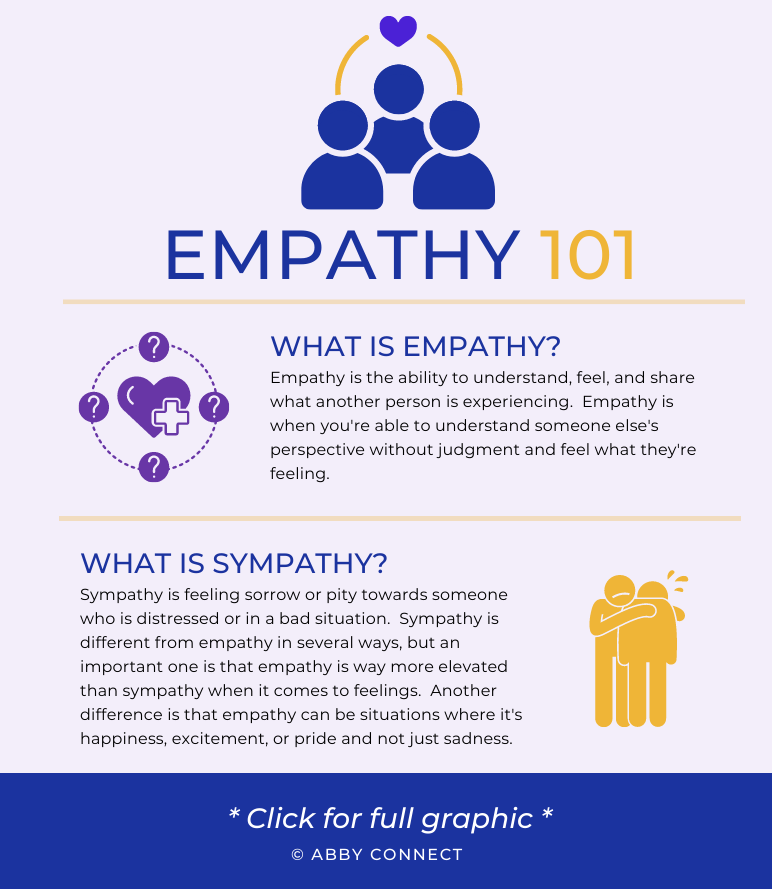 Sources: https://www.apa.org/research/action/speaking-of-psychology/empathy-narcissism
Sources: https://www.apa.org/research/action/speaking-of-psychology/empathy-narcissism
How to Empathize: What to Do
What if it’s your job to empathize? If you’re naturally able to perform this skill – because it is a skill, then this is an easy function for you. Even if this isn’t your job and you’ve made it a goal to be more empathetic and are looking to strengthen this skill for general purposes then just be prepared for better relationships with your partnerships, marriage, children, and people you work with!
- Listen without interrupting
- Withhold judgment
- Repeat it back
- See how you can help
- Be encouraging
Listen Without Interrupting
While someone is talking it’s rather difficult to hear their true message if your mouth is in overdrive and your ears are on cruise control. Listen for real. And you can only really do that if you’re not waiting for your spot to cut in with your own comments.
Now, since we are discovering how to empathize over the phone, the occasional “ah”, “mm-hmm”, and sighs are necessary at the right moments so the speaker is aware of your acknowledgment (and that you’re still on the line).
Just remember to hold back the interjections to allow them to fully speak.
Withhold Judgment
Judgy-Wudgy was a bear. Take into account that if a judgment is present within your mind then don’t expect empathy to fill your thoughts and words. Think about it. If you are judging a person then there’s a good chance that you’re going to find it a challenge to be empathetic to their situation because you’re silently annoyed, negative or think they are to blame for whatever they are going through.
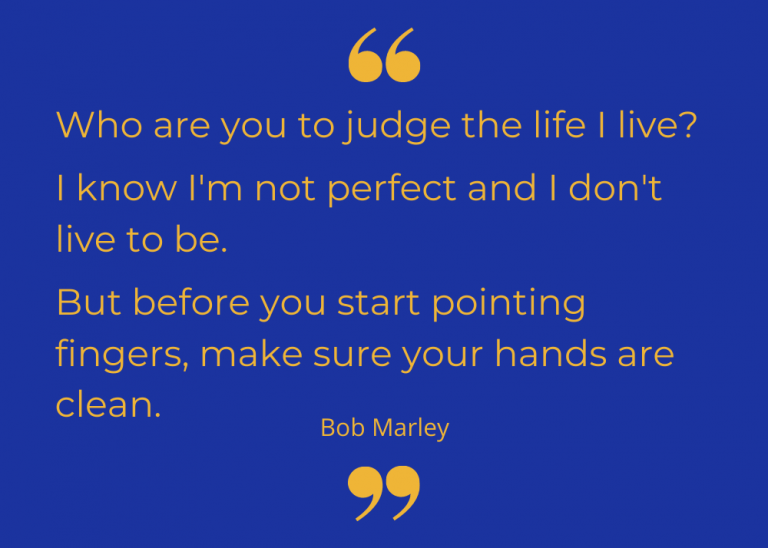
When you hold back judgment (even in your own mind) it opens both your mind and your heart. Plus, your ears! Withholding judgment allows you to listen at a deeper level because your mind isn’t clouded with cynical thoughts. When you hold back judgment you can think and therefore respond purposefully.
Repeat it Back
Something we do here at Abby is always “acknowledge” – it’s an important piece on how we CATER to our callers. It’s simple, yet effective. And it’s proof that we not only listened to you as you spoke, but we are validating what we heard. While listening without interrupting is number one, to connect through empathy, it helps to also repeat it back. It doesn’t have to be verbatim or made awkward either.
This helps with both clarity and confirmation. Two things will happen here; One, you’ll be crystal clear on what the speaker is talking about and two, you’ll really be able to formulate what you’re going to say back.
It’s kind of a bummer when you go off on a conversation detour and you didn’t even hear it correctly and you’re actually talking about something else!
Letting your caller know that you’re just trying to fully understand (by repeating information, the situation, etc) is actually both appreciated and appropriate. I know living by this Abby standard has made me lookout for this when I’m phoning someone.
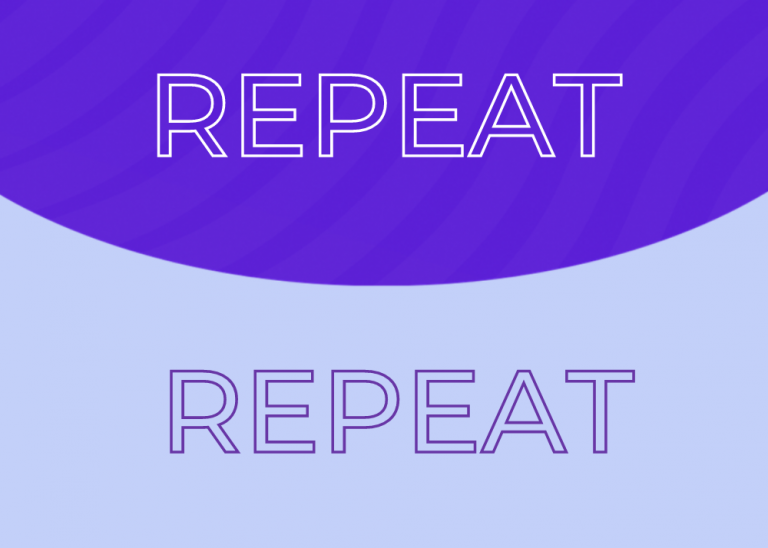
See How You Can Help
Depending on who the person is and if they did not ask your opinion, confirm by asking if they are looking for your help or if they are simply just letting it out. This type of question is reserved for someone that you have a close relationship with, let’s say a friend (and this can be a work friend too). Because sometimes just by listening (tip #1) to certain people, you are already helping them by lending your ear.
When you’re speaking over the phone in a professional setting, we’re under the impression you must do what you can in helping them. So, it’s a given that you’re supposed to do something because they called you. This can range from giving them advice or suggestions, brainstorming with them, or if you’re a liaison between the bigger help, then providing information, pointing them in the right direction, or taking a detailed message will suffice.
Just letting the speaker know that you’ll do everything in your power is helpful enough.
Be Encouraging
When it comes to encouraging others, put yourself in a positive mindset. If you’re already in a positive mindset, great. You’re half-way there! If you’ve listened well enough to your caller and their situation and you’ve empathized with them, you’ve helped them as much as you humanly can, then next up is to encourage them. This is also important and sometimes a piece that gets left out of the empathizing puzzle.
Don’t fall asleep at the wheel on this one. Encouragement is a bright light for someone in a dark space to reach for. It’s hope. Positivity. It’s also the momentum the speaker needs from you whether they’re sharing something exciting and you fuel them on, or it’s the pick-me-up they can use if they are deflated.
Telling someone over the phone that you believe in them, believe things will get better for them, or praise them for their current fortune really drives optimism to the caller.
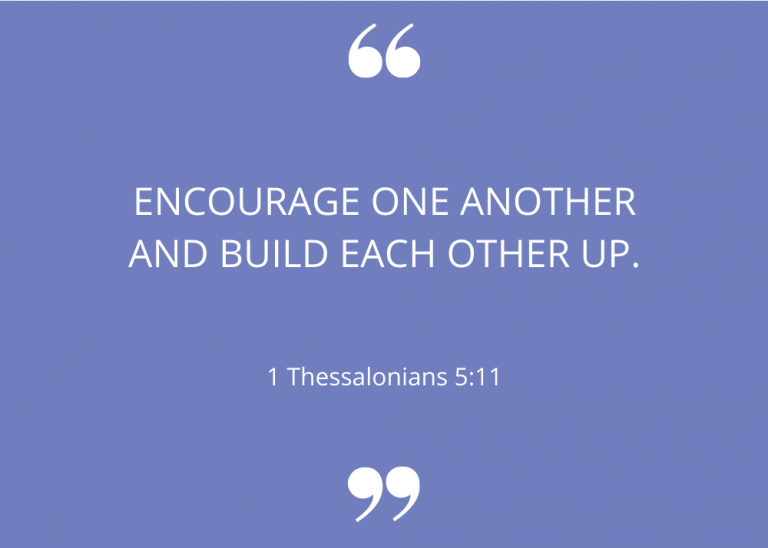
How to Empathize: What to Say
Now to the nitty-gritty of things. The actual words to say that can award you the title of being an “empathetic person”. The statements will be well received and appreciated! Everyone just as every situation is different so keep in mind and use this as a guide and for direction. Adjust when necessary and use variations to fit your personality and the situation. Notice, we are starting with the fortunate situations. And yes, I am still trying to break the empathy stigma.
For the fortunate situations:
- I’m so excited for you
- That’s so awesome to hear
- I’m happy for you
- Congratulations
- You deserve this wonderful person/thing/event
Simple, yet effective! Empathetic statements don’t have to end up long and drawn out, especially since you’re not trying to steal this person’s thunder.
When are these empathetic statements appropriate to use?
When someone shares news that is great for them, makes them happy in any way, or if you’re trying to uplift them. You’ll know you’re being empathetic because you genuinely feel the well-wish behind the statements.
For those unfortunate situations:
- I’m sorry you’re going through this, how can I help?
- I’ve been there before and I know what that felt like
- Thank you for telling me about this, I know it’s hard
- I can only imagine what you’re going through, I’m really sorry
- You don’t deserve this awful thing/event
- I totally understand why you’re feeling this way
Again, short and to the point yet it solidifies your intention of being there for them, caring about their situation, and that you did not just understand their feelings but feel the same way too.
When are these empathetic statements appropriate to use?
When someone shares news that is upsetting for them, makes them frustrated, or saddened by something. You’ll know you’re being empathetic because you genuinely acknowledge and show you hear and understand the hurt they’re going through.
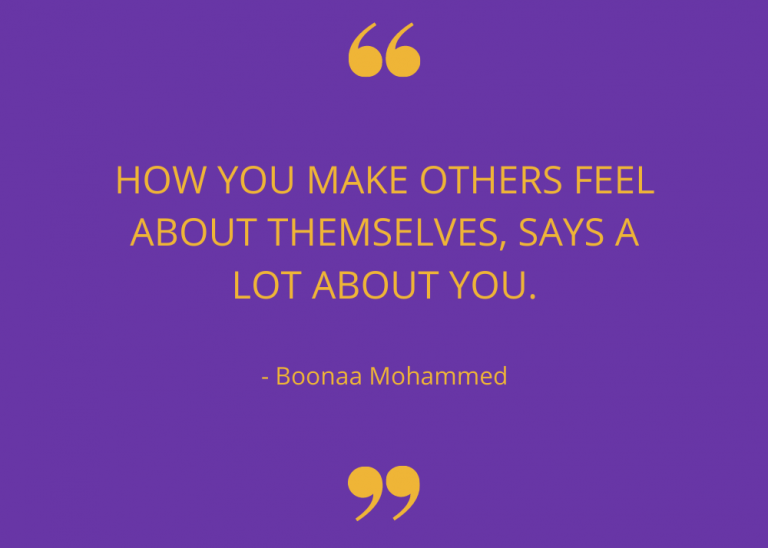
How to Empathize: What NOT To Do
While this is a guide in what to do, it doesn’t hurt to point out the whatnots as well. We’ve all put our foot in our mouths and have regretted what was said at least one time in our life. For some, it’s more often than that. Hopefully, this guide is helping you out!
Sometimes not saying anything at all and being mute is just as bad as you may come off as uncaring or disinterested. Here are some things that are NOT acceptable to do. Since we’re covering empathy and again, it can go either way on the spectrum, a good rule of thumb is to not be that dark cloud that rains on anyone’s parade. Whether you’re trying to train your empathy muscle or not, these are some general actions no one appreciates.
- Disregard and ignore what they said
- Try to one-up them by proving your situation is way worse (or way better) than theirs
- Blame or judge them
- Belittle them
- Make light of their situation or crack jokes
- Having an unmatched tone
While being on the phone it does take more effort behind your empathetic word choices since you don’t have either the body language or facial expressions to help you. A major faux pas would be to sound robotic.
How to empathize: What NOT to Say
- Any sentence that starts with “at least”
- It’s your own fault
- It’s God’s will
- My life is worse (or better) than yours
What to do if you’ve made any of the above mistakes:
As you’re becoming more aware along your journey in learning to become more empathetic and have an easier time connecting with people over the phone, slip-ups can happen. Don’t beat yourself up over it and instead inspire yourself to correct your error. Knocking yourself out with the phone receiver, yanking off your headset, or throwing your cell phone across the room isn’t going to fix it. But your words will.
If necessary, apologize for what you said and start over. Use a variation of the “what to do’s” and “what to says” to redirect your caller’s thoughts and hopefully their mood will follow.
Your words are powerful. Your words spoken on the other end of the line can influence the person on the receiving end.
Connecting through empathy will create an impression that lasts even if the caller is someone you’ve spoken to for years. First impressions can happen every time you pick up the phone.
How this Guide Can Help You:
Throughout this guide, the word “effort” has been sprinkled within. While it does take more effort to be empathetic, say empathetic things, and be encouraging, it doesn’t take too much. Just like muscles, skills, and thoughts can be trained; being empathetic takes both initiative and action. And if you’re still stumped on what to say, then go back to the mental drawing board and just say what you would want to hear if the situation was reversed.
If the other person on the line is bold enough to share their experience with you, again whether it be a good or bad experience, then be bold enough to share some feelings, encouragement, and positivity.
The results are endless but one thing is for sure. Your relationships will become fruitful and you will become someone who is caring and credible. Not a bad thing to be either.
Now, get out there, get on the phone, and show the world your empathetic side and connect with more people.
